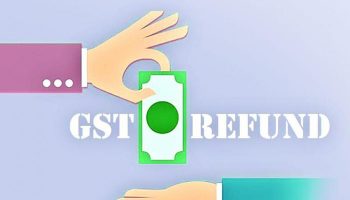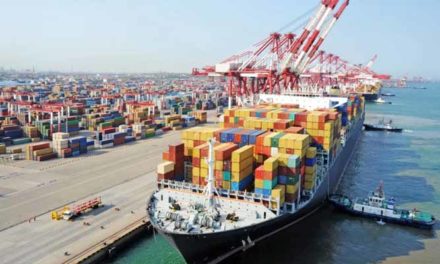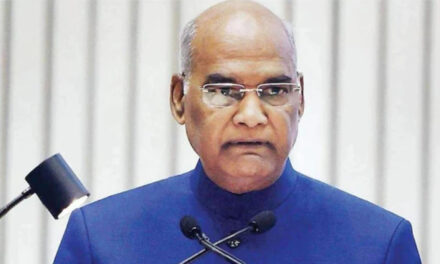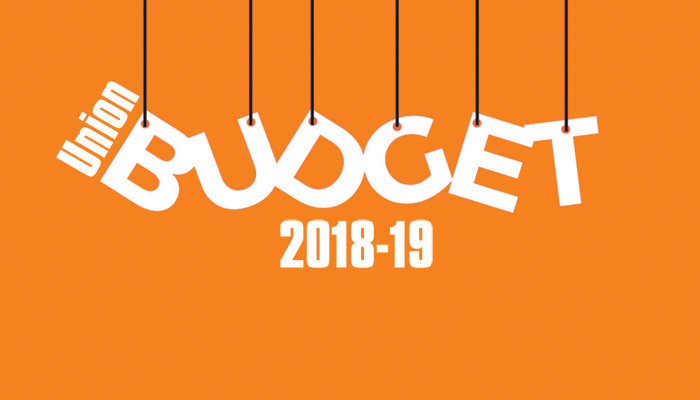 Reacting to the report on January, 2020, Sharad Kumar Saraf, President, FIEO said that it is very unfortunate that exporters have been singled out for GST frauds. Like any other section of the society, observed Saraf, there could a fraction of exporters who might have misused the GST refund facility. It will be very unfair to subject the entire exporting community for serious checks and investigation based on alleged misuse by limited few.
Reacting to the report on January, 2020, Sharad Kumar Saraf, President, FIEO said that it is very unfortunate that exporters have been singled out for GST frauds. Like any other section of the society, observed Saraf, there could a fraction of exporters who might have misused the GST refund facility. It will be very unfair to subject the entire exporting community for serious checks and investigation based on alleged misuse by limited few.
FIEO Chief said that exporters have Import Export Code Number based on PAN and Bank Accounts. They have obtained GST Registration through KYC cross verifying their email and Mobile number. The status holders have submitted the CA certificate certifying the specified exports while claiming the coveted status. Due diligence has been done by all the authorities issuing such documents. If an exporter is not found at his registered address, then the possibility is that he would have changed his place of business and records may not have been updated. He offered his services to help the Authorities to locate the exporter and helped them in the investigation.
He said that there are many instances where actual payment of GST to government is very low as compared to IGST refund since while few goods are subject low GST, many services used by exporters have high GST. Therefore, if a merchant exporter has taken goods at 5 percent and services at 18 percent, he has sufficient ITC at his credit to pay for 5 percent IGST at the time of exports. He may not either pay IGST in cash or pay only a fraction of that while claiming complete refund of IGST.
Saraf added that such news also makes our international buyers jittery as they consider Status holders much creditable since the scheme is in operation for over 50 years and helped in establishing the reputation of such exporters in India as well as abroad. The Report wrongly paints the status holders, who contribute to over 60 percent of the country’s exports.
FIEO admitted that exporters were critical of the GST Scheme as, in the initial stages, the refund process for GST faced numerous challenges. The GST refund has affected the liquidity of exporters since there is a time lag between the payment of ITC and its refund at the time of exports. Unfortunately, the Scheme of e-wallet, which has been recommended by the GST Council as early as 6th October 2017, which was expected to be put into operation in April 2018 and then deferred to October 2018, has not yet been rolled out. The Scheme may have helped in easing the liquidity problem of exporters. However, he admitted that GST has imparted much needed competitiveness to exports. President FIEO has written to the Government requesting the authorities to discuss the issue across the table and explore solutions to minimize, if not avoid, the revenue leakage all together.








